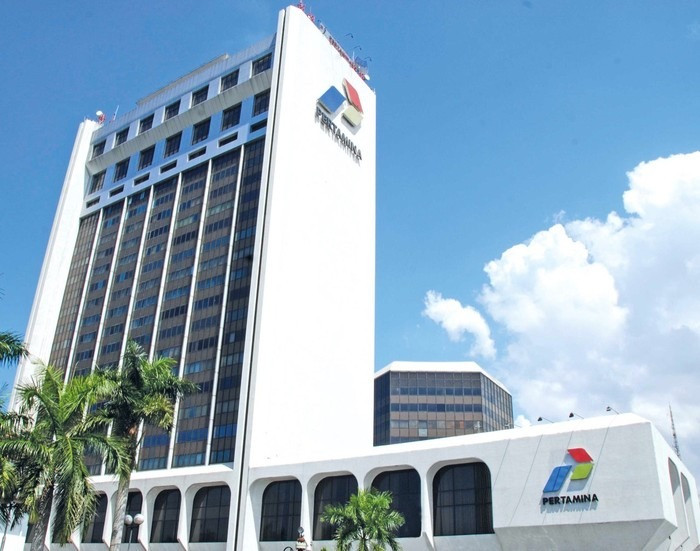Popular Reads
Top Results
Can't find what you're looking for?
View all search resultsPopular Reads
Top Results
Can't find what you're looking for?
View all search resultsB20 Initiates the First Green Industrial Park in Southeast Asia
Change text size
Gift Premium Articles
to Anyone
T
he Business 20 Energy, Sustainability and Climate Task Force (TF ESC-B20) has successfully initiated the first green industrial park in Southeast Asia, highlighting the importance of industrial decarbonization both for stand-alone industries and especially for industrial clusters.
Located in Tanah Kuning Bulungan regency, North Kalimantan, the green industrial park aims to promote and integrate Indonesia into the growing global supply chain for green products.
The industrial park will draw power from soon-to-be-operational hydropower and solar power plants, and will host producers of high-tech and precision products such as semiconductors, lithium-ion batteries, solar panels, industrial silicon and "green aluminum" – aluminum made using low-emission processes.
TF ESC-B20 Chair and Pertamina CEO & President Director Nicke Widyawati said that by supporting industrial decarbonization, Indonesia can accelerate the net-zero emissions that is targeted for 2060 or sooner.
Supporting the development of green industry clusters will also attract more foreign investment in the future that can encourage national economic growth and create jobs, she added.
To date, a number of countries including the United Arab Emirates and China have expressed their interest in investing in the green industrial zone.
"Decarbonization of the industrial clusters allows us to apply an integrated approach to the transition to net zero," she said on Friday.
According to Widyawati, one of the most important pillars of decarbonization is energy efficiency and circularity, using emerging technologies such as the modernization of energy-efficient equipment and components, as well as the adoption of a flaring recovery system.
Other industrial decarbonization initiatives are the application of Carbon Capture, Utilization and Storage (CCUS) technology and the implementation of Nature Based Solutions (NBS).
“Indonesia has 400 billion tonnes of CO2 storage potential in our reservoirs for CCUS. We also have the second-largest global NBS potential in the world,” she added.
Widyawati noted that the energy use in the industrial sector is the highest compared to buildings and transportation sectors. Because of this, one of the recommendations from TF ESC-B20 is to increase global cooperation in accelerating the transition to sustainable energy use by reducing carbon intensity in various pathways, as well as through industrial decarbonization.
For this to happen, energy efficiency is one of the important pillars of decarbonization that will contribute to the net-zero emissions target. Globally, energy efficiency has increased by about 13 percent from 2000 to 2017, and will be 12 percent higher if it is not impeded.
“Over the past 10 years, energy consumption has grown rapidly by 47 percent. According to the latest estimates, the annual average CO2 reduction would need to increase fivefold to reach the Paris Agreement targets. The pace of transition needs to be accelerated,” Widyawati explained, adding that new technologies that accelerate industrial and consumer energy consumption are critical in increasing efficiency.
"We must further encourage global cooperation that will allow us to accelerate the achievement of net-zero emissions in line with the G20 theme of ‘Recover Together, Recover Stronger’," she concluded.










